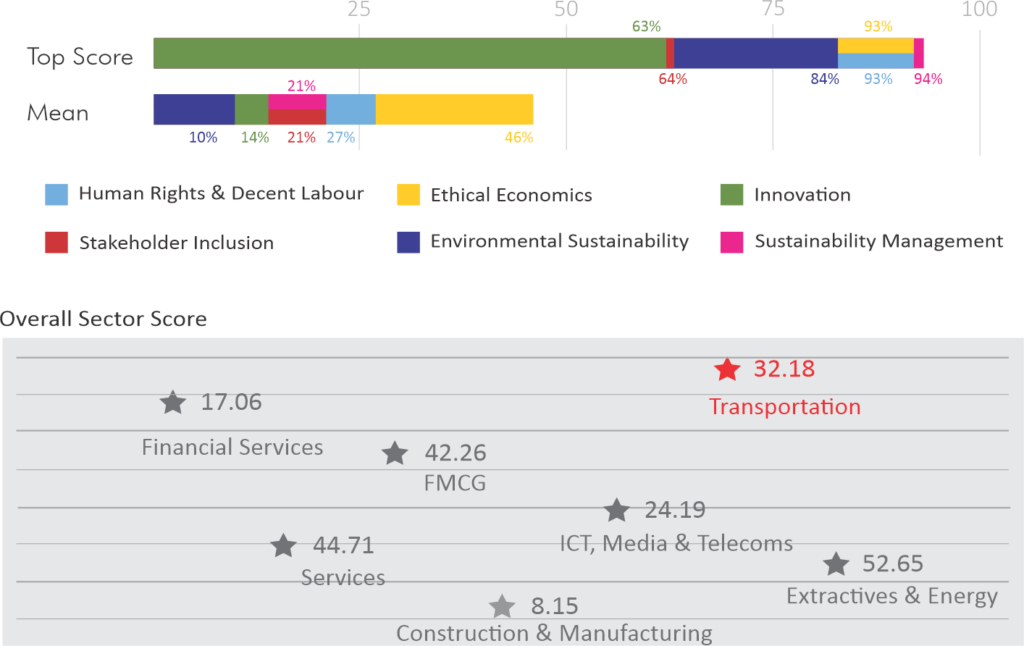The transportation sector consists of air, marine, rail and road freight. The Nigerian transportation sector had total revenues of $5, 111.7 million in 2019. Road transportation contributed the largest share to this revenue with a total revenue of $ 5, 080.7m. According to a report by Market Research, the performance of the transportation sector is highly correlated to fuel prices, labour costs, demand for services, geopolitical events and government regulation. Transport being an essential part of human activity and in many ways forms the basis of all socio-economic interactions. The sector contributes two percent to Nigeria’s total GDP, although this is small, there is plenty room for growth in this sector. This sector not all transports the 200 million people in the country but also transports a lot of the food and raw materials we all utilize. Experts have stated that the transportation sector is a key sector the country can leverage on in diversifying the economy, if professionally managed.
However, this sector has not performed significantly well when it come to sustainability. Most companies are yet to have a sustainability report which is key to the success of their operations. The popular conversation is on sustainable transportation which goes hand in hand with sustainability because when a company considers its Environmental, Social and Governance impacts it is able to be more sustainable as a whole.
Sector’s Key Regulations & Principles
The transport sector is governed by several Acts which include the Nigerian College of Aviation Technology Act, Nigerian Institute of Transport Technology Act, Nigerian National Petroleum Corporation Act, Nigerian Maritime Administration and Safety Agency Act, The Nigeria Service Board Act, Nigerian Airspace Management Authority Act, Maritime Academy of Nigeria Act and the Federal Airports Authority of Nigeria Act. These laws regulate the operation of the transport sector, however, there is no regulation for sustainability in this sector. A Draft National Transport Policy is in the works to be a catalyst to the overall development of the country. It is an integrated policy and the bedrock of the document was coordination. It followed developed countries models and is intended to place Nigeria ahead of its other African counterparts. The essence of the national integrated transport policy is to ensure that relevant bodies and ministries agree on the implementation of any aspect of the policy. It is worthy to note the importance of the transport sector to the economy as no nation has been able to achieve its potential without an efficient and effective transport system. This National Transport Policy could be the key to success in the sector, especially it if takes into consideration sustainable practices.
|
Sector Leaders
|
|
|---|---|
| Overall Leader | Mearsk Nigeria |
| Top 5 | Mearsk Nigeria, Coscharis Group, Dana Air, Toyota Nigeria, APM Terminal |
|
Leader per measurement index
|
|
| Human Rights | Coscharis Group |
| Ethical Economics | Mearsk Nigeria |
| Innovation | Coscharis Group |
| Environmental Sustainability | Mearsk Nigeria |
| Sustainability Management | Mearsk Nigeria |
|
Sector break down
|
|
|---|---|
| Number of Companies Assessed | 14 |
| Overall Sector Score | 32.18 |
| # of Companies with a Standalone CSR/Sustainability Report | 2 |
| # of Companies that responded to our data request | 0 |











